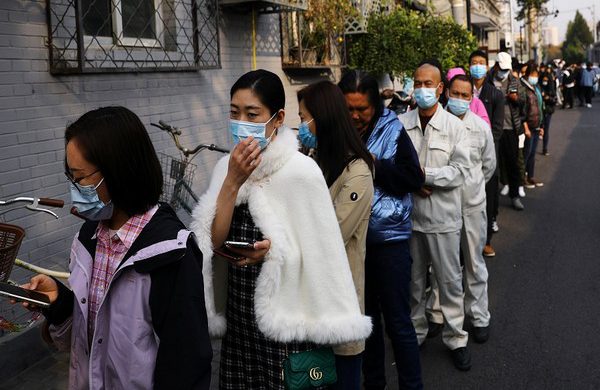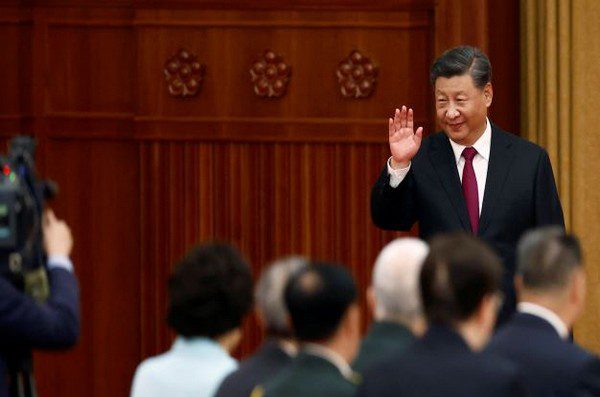Further aligning it with mainland China, Hong Kong’s legislature unanimously passed a new national law on Tuesday that expands government power to crush dissent, Al Jazeera reported.
The Safeguarding National Security Law passed includes new measures on treason, espionage, external interference, state secrets and sedition.
“Today is a historic moment for Hong Kong,” said Hong Kong Chief Executive John Lee, who added that the law punishing five major crimes would go into effect on March 23.
It gives government more power to quash dissent, widely seen as the latest step in a sweeping political crackdown triggered by pro-democracy protests in 2019. It comes on top of a similar law imposed by Beijing four years ago, which has already largely silenced opposition voices in the financial hub, Al Jazeera reported.
Critics say that the major piece of legislation, known as Article 23, further threatens the Chinese-ruled city’s freedoms.
The 90-seat council stacked with pro-China loyalists was first presented with the bill on March 8, following a monthlong public consultation, with Hong Kong’s leader calling for it to be enacted at “full speed”.
Eighty-eight lawmakers and the legislative council president voted unanimously to enact the legislation.
Coming into effect on Saturday, the law introduces 39 new national security crimes, adding to an already powerful national security law that was directly imposed by Beijing on Hong Kong in 2020 after huge and sometimes violent democracy protests the year before, CNN reported.
That law has already transformed Hong Kong, with authorities jailing dozens of political opponents, forcing civil society groups and outspoken media outlets to disband and transforming the once freewheeling city into one that prioritises patriotism.
Known locally as Article 23, the new national security legislation covers a raft of new crimes, including treason, espionage, external interference and unlawful handling of state secrets, with the most serious offences punishable by up to life imprisonment, CNN reported.
“We…have completed a historical mission, lived up to the expectations of the country and did not let the central government down,” he said, referring to China’s Communist Party leadership in Beijing.
CNN reported that China and Hong Kong’s leaders say the new laws are needed to “plug loopholes” as part of their drive to “restore stability” following the huge 2019 protests. They argue that their legislation is similar to other national security laws around the world.
Critics counter that what China’s Communist Party views as national security offences are far broader and more sweeping, often ensnaring political criticism, dissent and even business activity that would not be criminalised elsewhere.
The new legislation also comes as Hong Kong’s government is embarking on a high-profile campaign this year to revive the city’s business credentials after the political crackdown – combined with nearly three years of strict coronavirus controls – sparked an exodus of local and international talent. (ANI)
For more details visit us: https://lokmarg.com/



